W19: Performance updates

Eric Hubbell
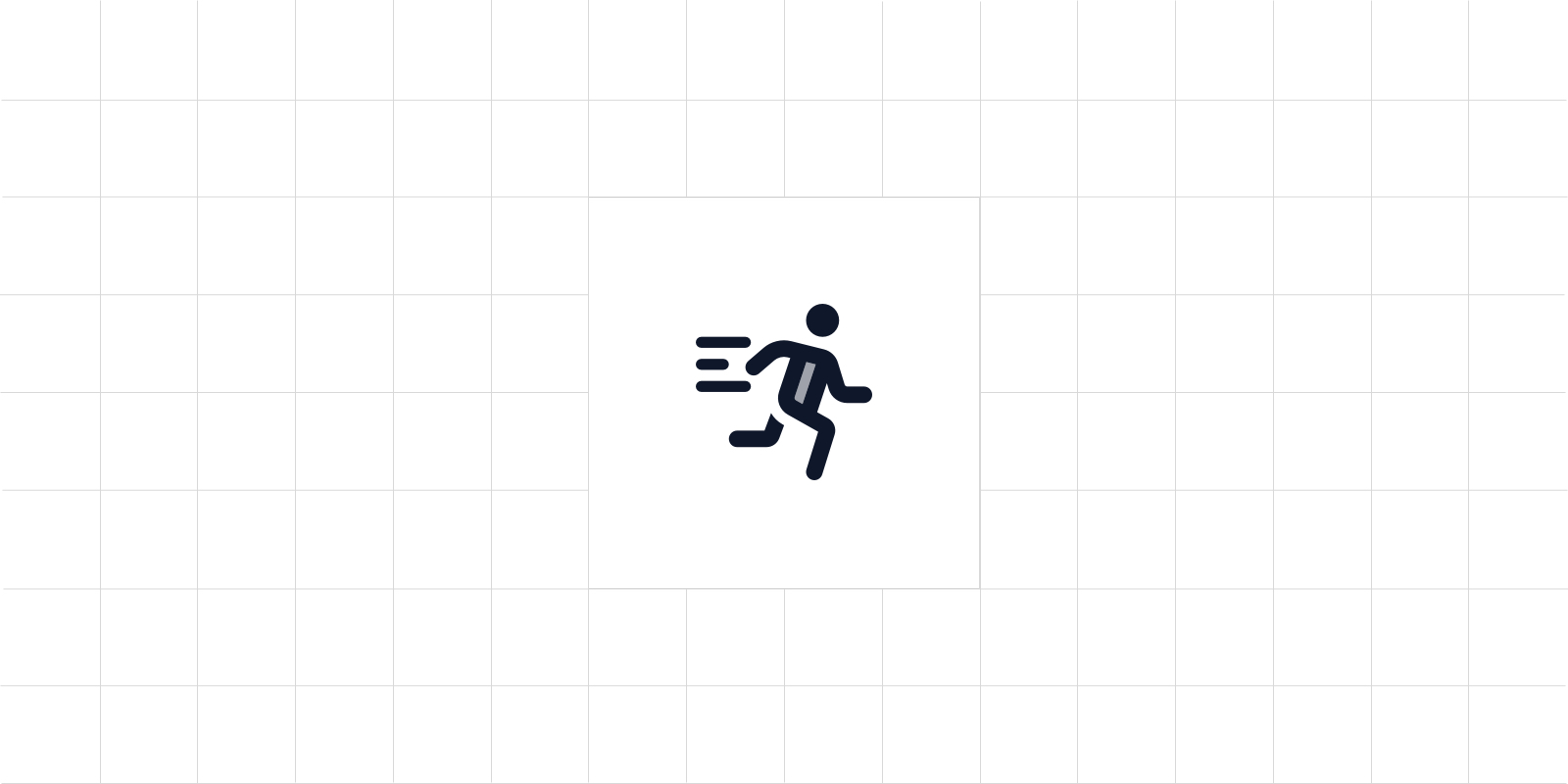
This week we're excited to introduce several performance improvements including resource-specific caching and N+1 query optimization.
Overview#
This week we're excited to introduce a couple of major performance improvements via caching and swapping out N+1 queries for a database-driven design. Overall, these updates were relatively simple to build however they took time and detail to implement properly. The end result is a 50% improvement on common network calls (ie fetching a repository) that sideload a bunch of metadata such as total bookmarks, downloads, reviews, and more.
What's New#
- The Caching Layer
- N+1 Query Updates
The Caching Layer#
For starters, the new caching layer uses a private, self-hosted instance of Redis to store frequently accessed data for faster response times. For example, as an SSR-driven application, Playbooks has to fetch the repo anytime the user navigates to a nested page since we're rendering that HTML on the server and several pages share data. Considering then that the user probably wants to navigate around the repository quickly, the caching layer handles this with ease.
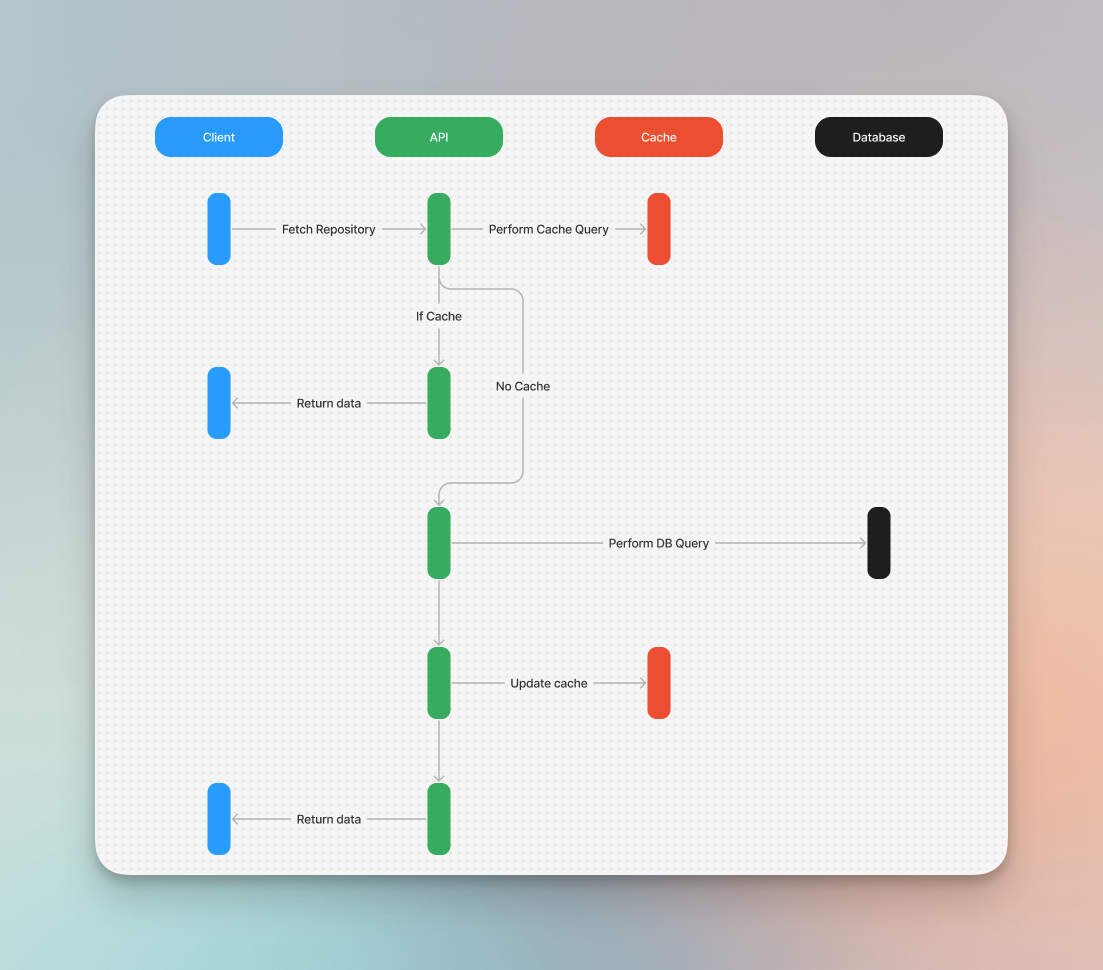 A diagram of the new caching layer
As shown in the diagram above, the caching layer essentially checks Redis first and then, if it exists, immediately returns the data.
If it does not, we perform the necessary database queries, store that data in the cache with a reasonable expiration date, and then return that data to the client.
Behind the scenes, we then break the cache when data associated with the initial fetch, such as a bookmark or review, get's posted or the repository itself is updated.
All in all, a pretty straight forward implementation that provides significant performance gains on specific endpoints.
A diagram of the new caching layer
As shown in the diagram above, the caching layer essentially checks Redis first and then, if it exists, immediately returns the data.
If it does not, we perform the necessary database queries, store that data in the cache with a reasonable expiration date, and then return that data to the client.
Behind the scenes, we then break the cache when data associated with the initial fetch, such as a bookmark or review, get's posted or the repository itself is updated.
All in all, a pretty straight forward implementation that provides significant performance gains on specific endpoints.
N+1 Query Updates#
The second thing we did was replace several of our N+1 queries with a single database query to an associated "meta" table that stores incremental data.
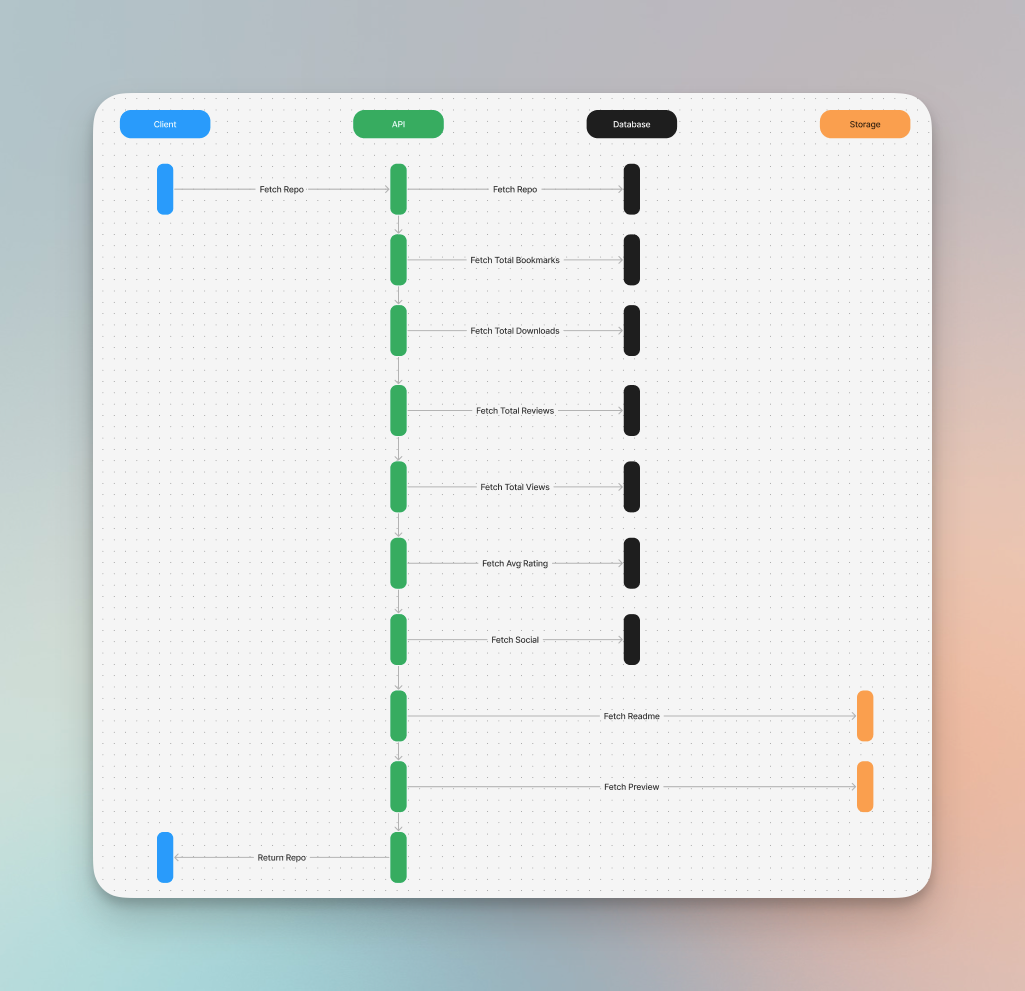 An diagram showing the network calls before the N+1 query changes
For instance, when fetching a repository we often sideload a bunch of metadata such as total bookmarks, downloads, reviews, and more.
Previously, as shown in the diagram above, we had to fetch that data one-by-one or bundle it into one giant SQL query which wasn't ideal for several reasons.
So, instead, we've introduced a related "meta" database table where we increment and decrement associated data when it occurs.
An diagram showing the network calls before the N+1 query changes
For instance, when fetching a repository we often sideload a bunch of metadata such as total bookmarks, downloads, reviews, and more.
Previously, as shown in the diagram above, we had to fetch that data one-by-one or bundle it into one giant SQL query which wasn't ideal for several reasons.
So, instead, we've introduced a related "meta" database table where we increment and decrement associated data when it occurs.
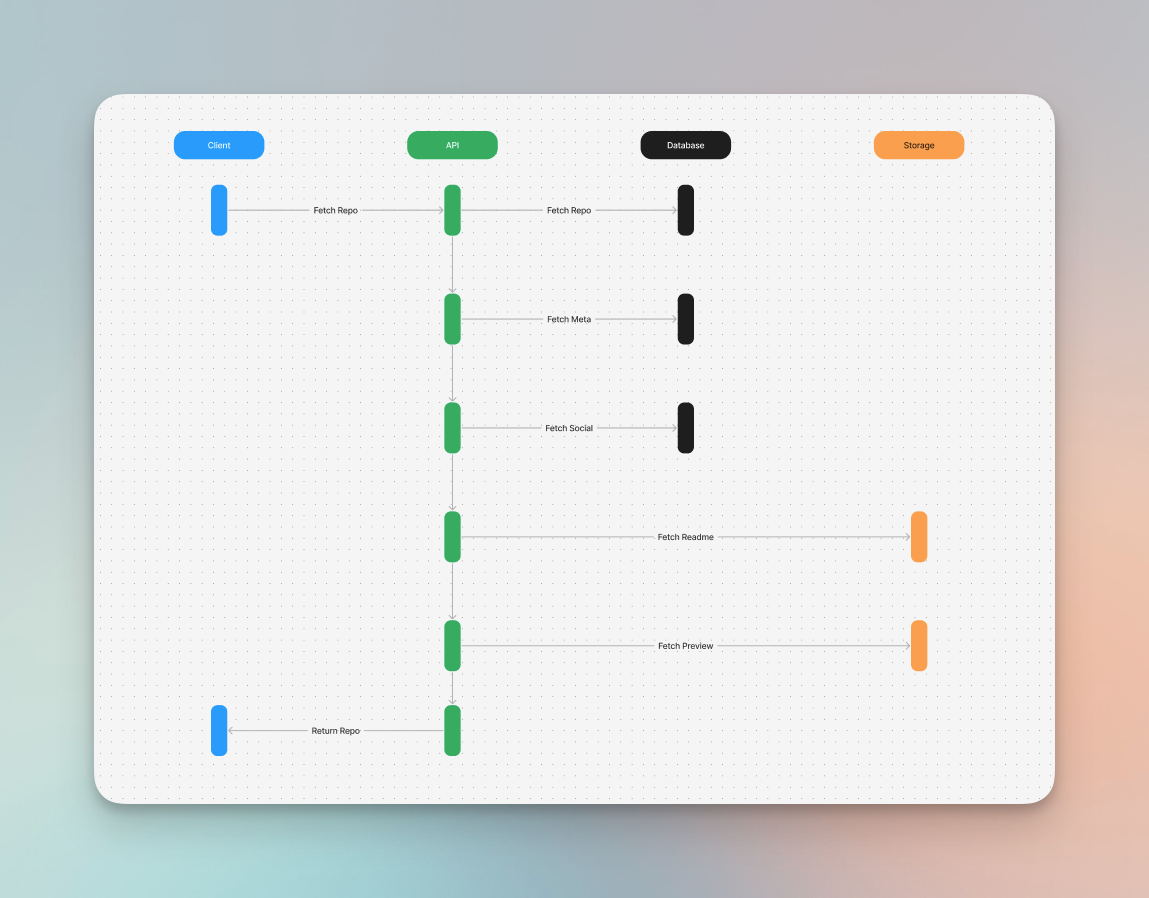 A diagram showing the network calls after the N+1 query changes
As shown in the new diagram, the result is a single database query for all the aforementioned data rather than 3-4 separate database queries.
All in all, this requires much more work. But the end query is much faster and simpler versus the aggregate database calls mentioned before.
A diagram showing the network calls after the N+1 query changes
As shown in the new diagram, the result is a single database query for all the aforementioned data rather than 3-4 separate database queries.
All in all, this requires much more work. But the end query is much faster and simpler versus the aggregate database calls mentioned before.
That's all for now#
If you made it this far, thank you for taking the time to catch up on what's happening at Playbooks! To receive these updates in your inbox, simply create a account over on Playbooks. Or, feel free to follow along over on Twitter / X to receive updates there.
Related Articles
View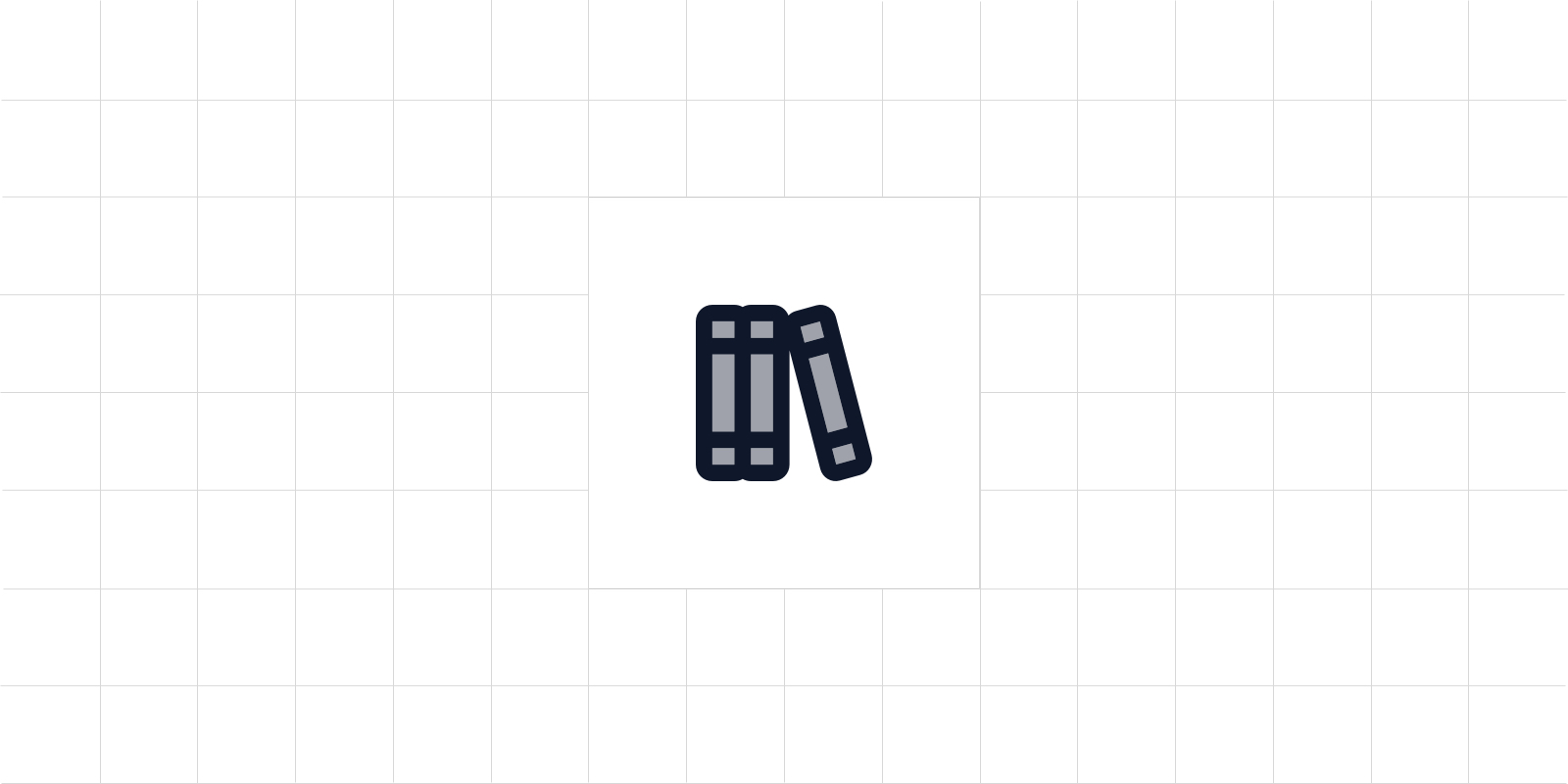
Changelog
W18: Your All-New Library
We're excited to launch the all-new Library which lets developers curate and organize their Playbooks experience using bookmarks and collections.

Eric Hubbell
May 2nd, 2025
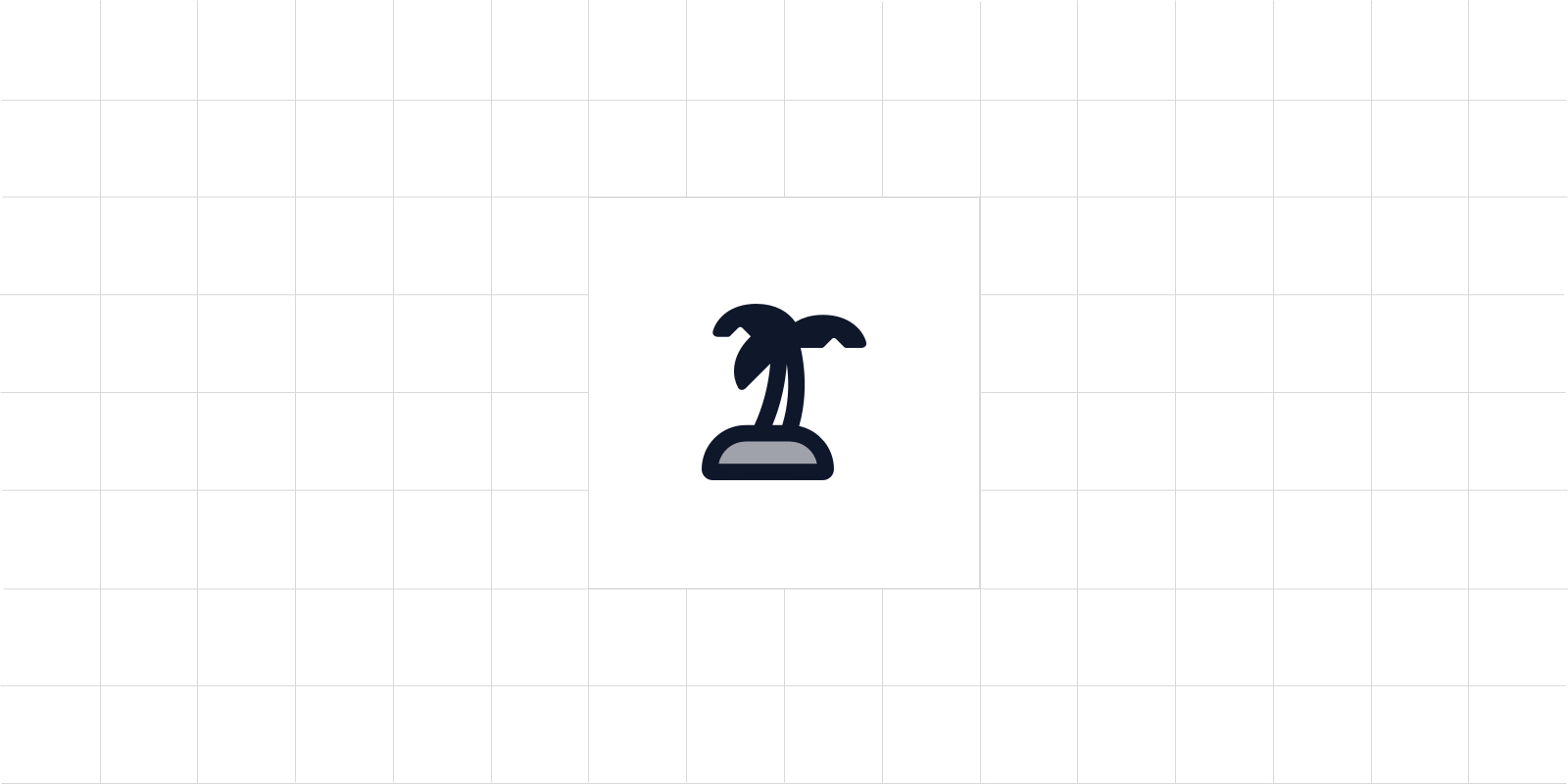
Changelog
W17: Vacation Time
Our team took a well-needed break from the computer this week getting some rest and relaxation. We hope you had a great week and look forward to getting after it next week Monday.

Eric Hubbell
Apr 18th, 2025
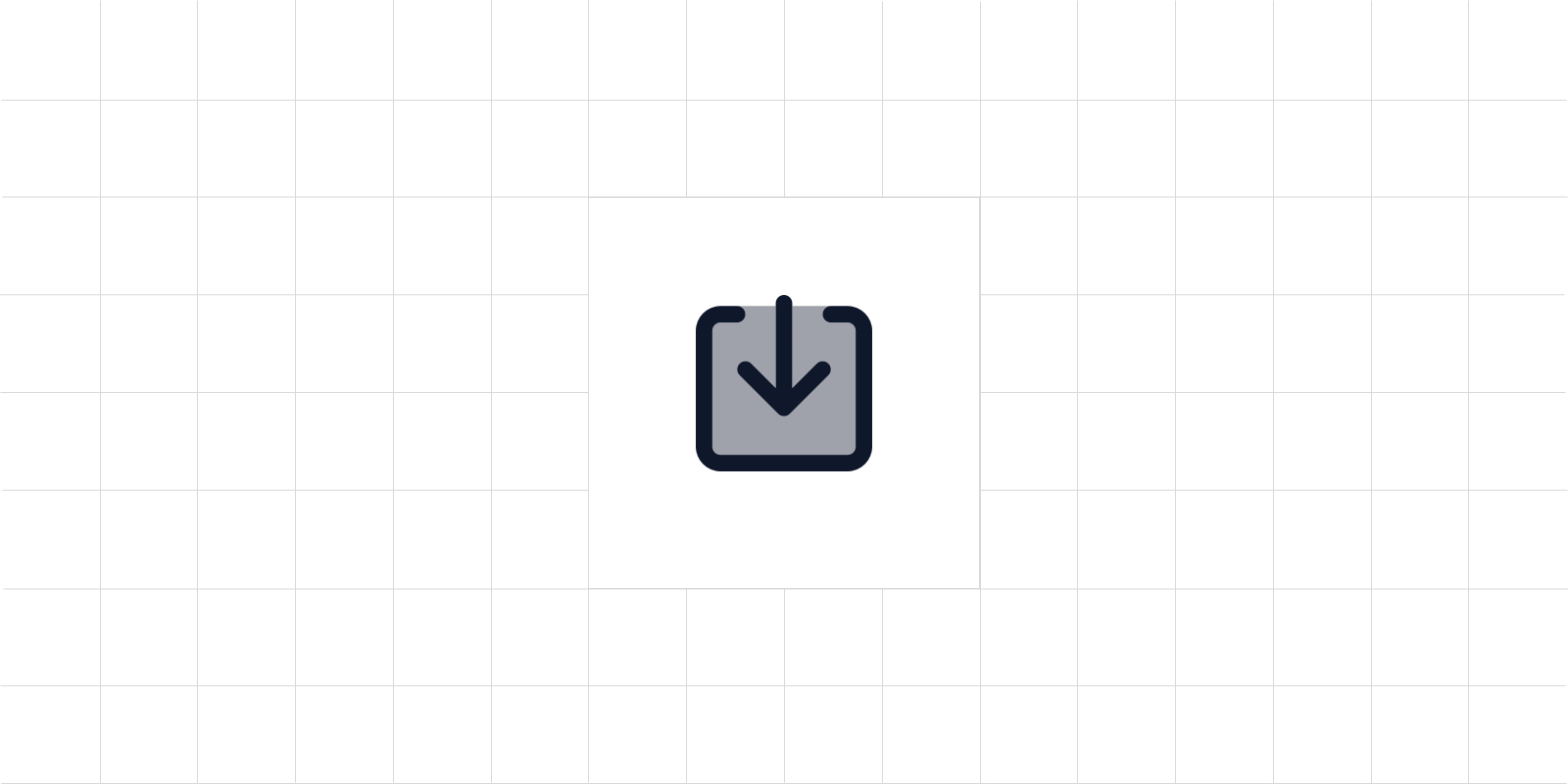
Changelog
W16: Improved Downloads
This week we upgraded our download infrastructure to better support stacks. Rather than downloading (or cloning) stacks as a single entity, we now keep them separate while giving developer's tools to customize their experience.

Eric Hubbell
Apr 18th, 2025